7 plants that will keep wasps out of your yard
Keep wasps away from your yard with these plants
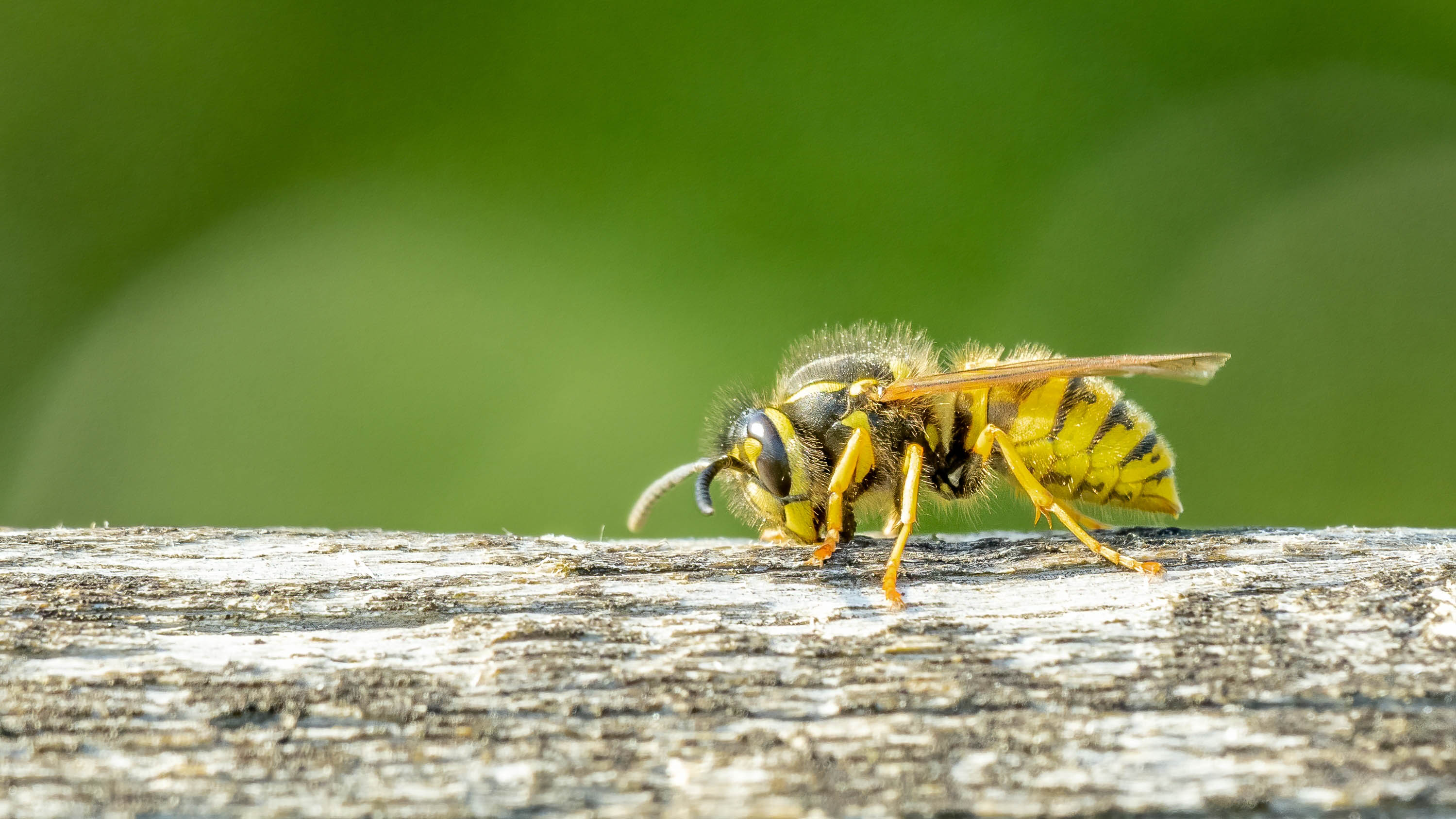
Here at Tom’s Guide our expert editors are committed to bringing you the best news, reviews and guides to help you stay informed and ahead of the curve!
You are now subscribed
Your newsletter sign-up was successful
Want to add more newsletters?

Daily (Mon-Sun)
Tom's Guide Daily
Sign up to get the latest updates on all of your favorite content! From cutting-edge tech news and the hottest streaming buzz to unbeatable deals on the best products and in-depth reviews, we’ve got you covered.

Weekly on Thursday
Tom's AI Guide
Be AI savvy with your weekly newsletter summing up all the biggest AI news you need to know. Plus, analysis from our AI editor and tips on how to use the latest AI tools!

Weekly on Friday
Tom's iGuide
Unlock the vast world of Apple news straight to your inbox. With coverage on everything from exciting product launches to essential software updates, this is your go-to source for the latest updates on all the best Apple content.

Weekly on Monday
Tom's Streaming Guide
Our weekly newsletter is expertly crafted to immerse you in the world of streaming. Stay updated on the latest releases and our top recommendations across your favorite streaming platforms.
Join the club
Get full access to premium articles, exclusive features and a growing list of member rewards.
With warmer days and sweet-smelling flowers blooming, wasps are naturally drawn to your outdoor spaces. And while wasps will prey on other insects and help with general pest-control, it can be quite frustrating and intimidating if there’s an abundance in your yard.
Should a wasp decide to sting you, it results in painful and inflamed swelling. For those with allergies, the venom can prove to be fatal as well. Being stung is something to avoid at all costs. However, while knowing how to get rid of wasps is essential, it can be good to know how to deter them from your yard in the first place.
One such way you can do this is by planting the right plants. Yes, you read that right.
While some plants will attract wasps with the sweet smell of nectar, others will actively deter them and keep the number of visitors to a minimum. Interested to hear more? Here are 7 plants that will keep wasps out of your yard.
Plus, here's 7 ways to get rid of earwigs and keep them away.
Note: The following plants are unfortunately toxic to both cats and dogs. Try alternative methods if you own pets, referring to how to get rid of wasps for guidance. Care should also be taken if you have young children around the home.
1. Peppermint and spearmint
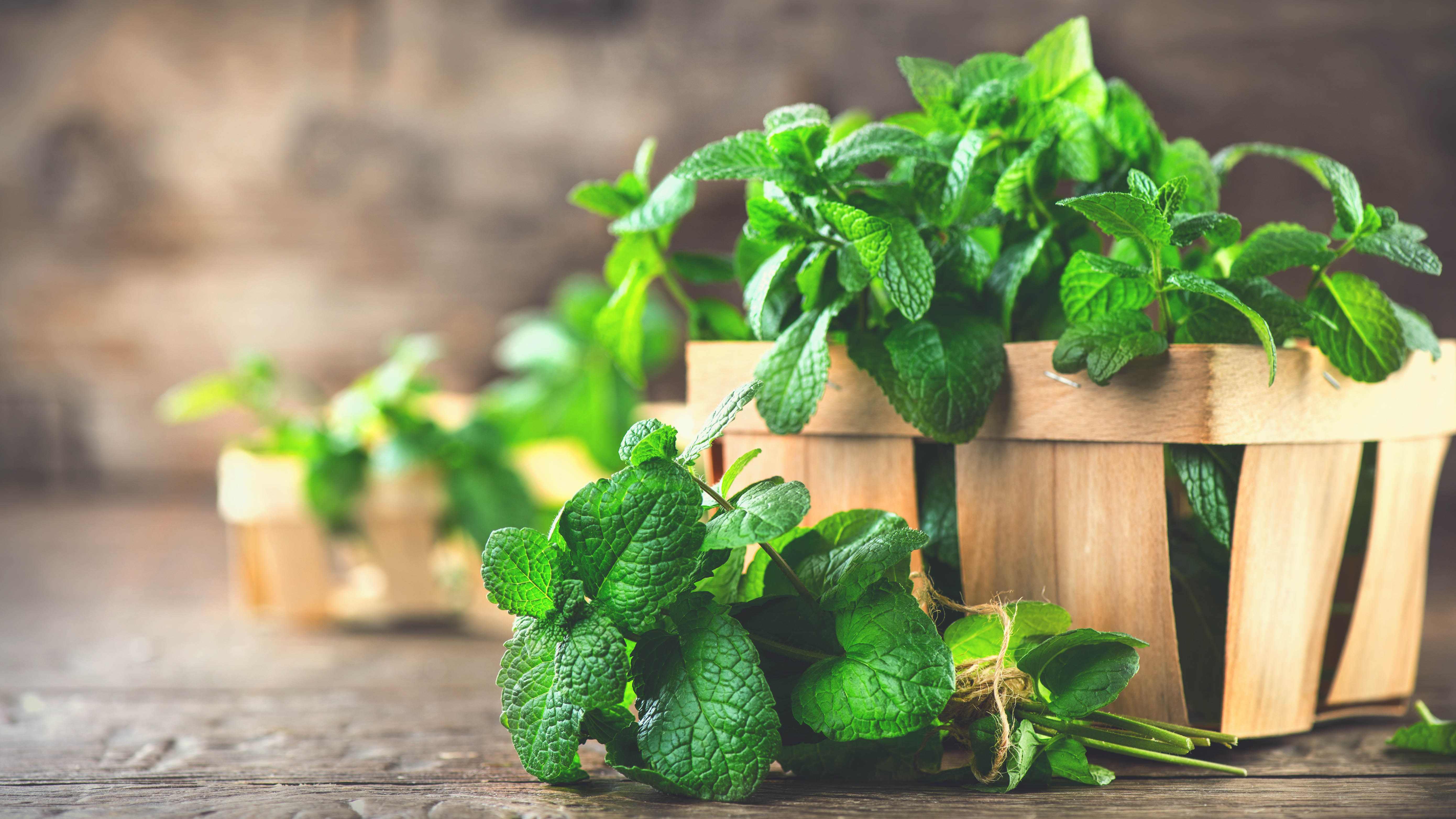
While the smell of mint is refreshing to us, many pests dislike the sharp and intense aroma. For instance, mint will repel flies, ants and even rodents. And wasps are no exception to this trend. A minty fragrance will have wasps flying in the opposite direction, and as peppermint and spearmint smell particularly strong, these are best for repelling such pests.
Get instant access to breaking news, the hottest reviews, great deals and helpful tips.
Being easy to care for and fast-growing, mint can make for a useful addition to any garden. It thrives in full sun or partial shade, with regular water to provide moist soil. Once it’s mature, you can bring the leaves indoors to compliment your recipes as well. However, you should be wary that this herb is so fast-growing that it can become a handful if grown in open soil. You may prefer to plant mint in containers and position these where you actively want to deter wasps, such as near your doors and windows.
2. Wormwood
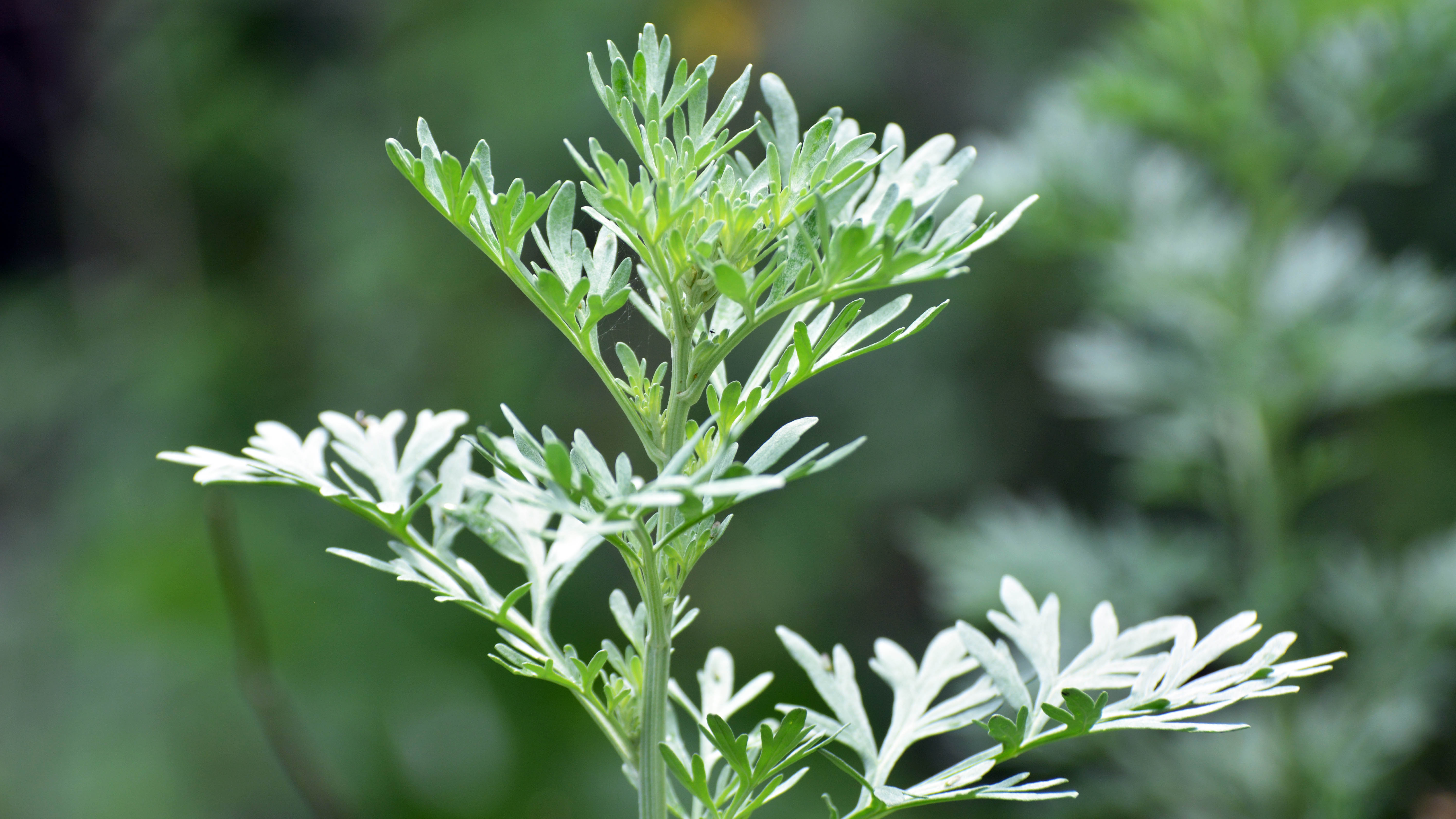
Another plant which will actively keep wasps at bay is wormwood. In the past, this bitter-tasting herb has often been used for medicinal purposes, particularly for aiding digestion and killing internal parasites. It’s also a common ingredient in absinthe and vermouth — its bitterness and aroma contribute to the overall flavor. But wormwood’s uses don’t stop there.
Wormwood contains a substance which is also called absinthe, and this is actually toxic to insects, so wasps will steer clear for a reason. The plant is a danger to them if ingested. So should a wasp detect the smell of wormwood, it won’t hang around.
Wormwood prefers to grow in the sun with conditions on the dry-side — fast-draining soil would be best. It’s a fairly hardy plant and will require space to grow, reaching heights of up to three feet. It can also live for years with proper care. Due to being highly toxic, this plant should be avoided if you have young children running around though.
3. Lemongrass
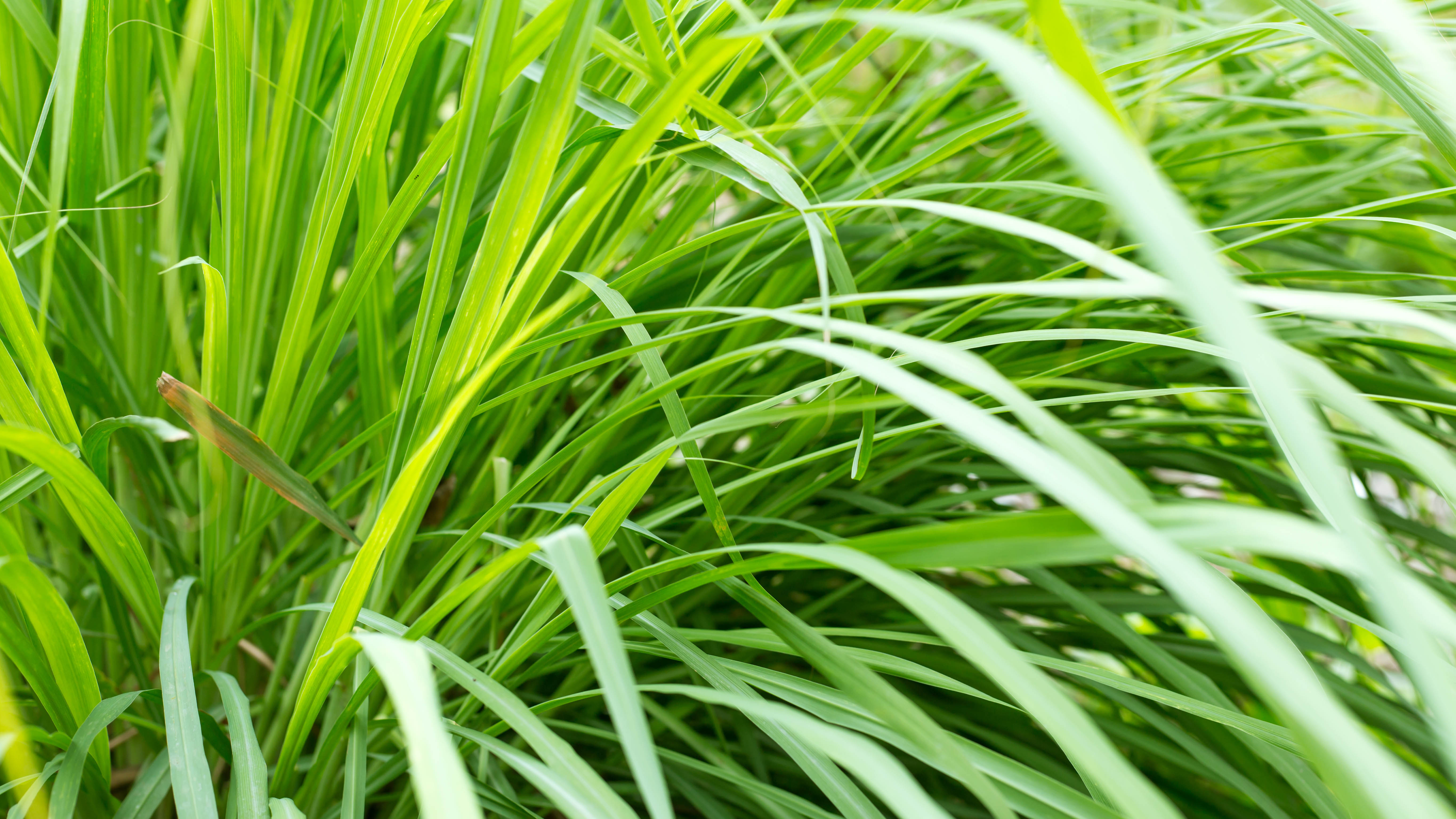
Lemongrass has a great many uses. The stalks can be used to infuse a delicious citrus-flavor into our meals — it’s often found in soups and salads. It’s also used for medicinal purposes, treating all kinds of conditions. Even the common cold can be soothed with lemongrass, thanks to its antibacterial and antifungal properties. If that weren’t enough to convince you to invest in this handy herb, it will help out with a wasp problem as well.
Wasps can’t stand the intense smell of lemongrass, which is produced by the citronella oil it contains. In fact, this lemony scent will keep flies, mosquitoes and rodents at bay at the same time, so it’s a true ally if you struggle with pests in your yard or around your home.
Lemongrass can be grown outdoors, but it does prefer warm conditions, with full sun and temperatures maintained above 40°F. Ideally, you need to live in USDA zones 9-11, or otherwise be prepared to grow it in a container and move it indoors in the winter. Only plant lemongrass once the last frost has fallen and make sure it has adequate space to grow — the leaves will naturally splay outwards once it’s mature.
4. Eucalyptus
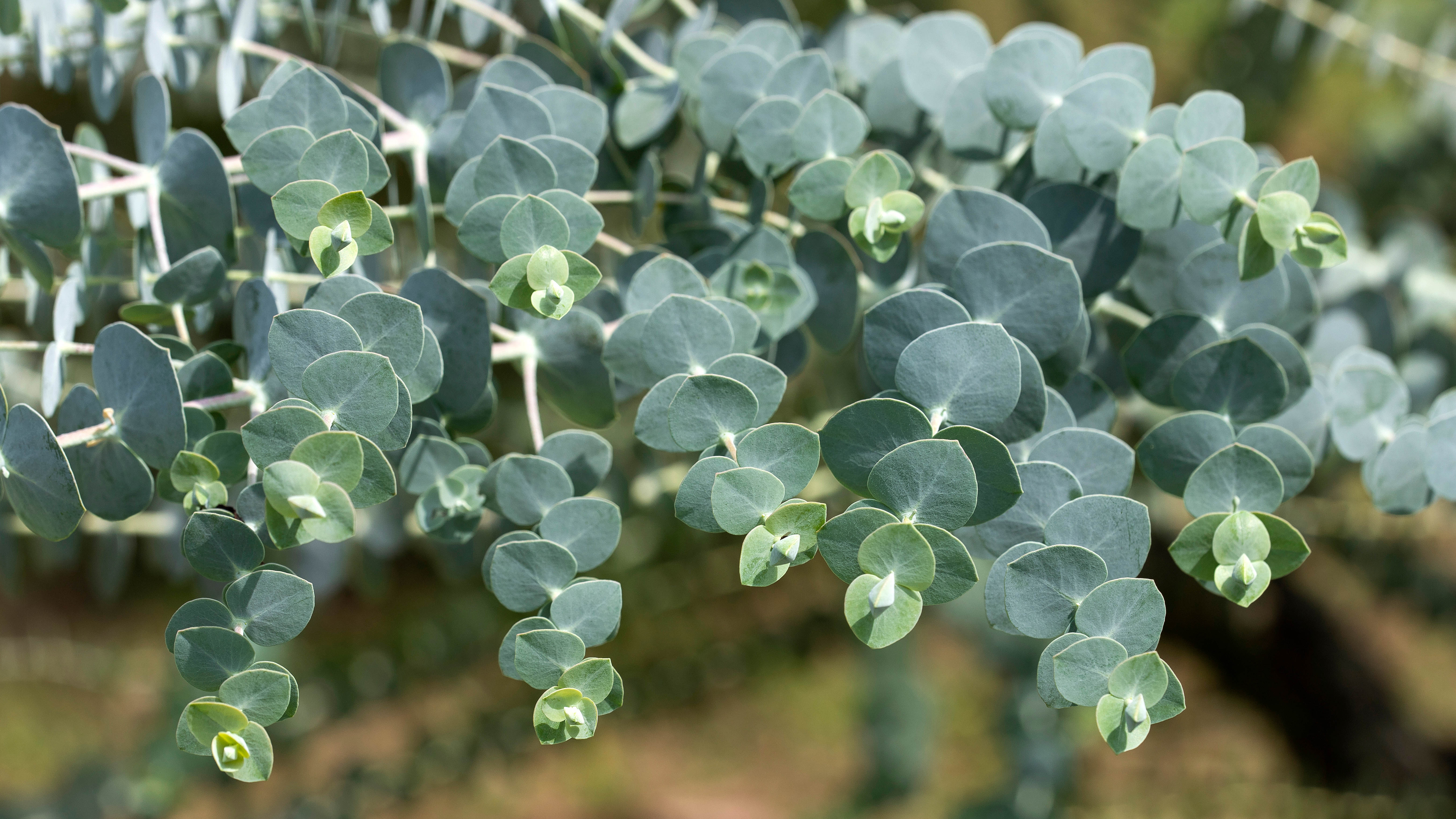
The eucalyptus tree produces an oil which is often used to reduce pain and inflammation. Add to that, eucalyptus oil can relieve congestion, so it’s sometimes found in cold and flu products. Some claim it can help relax and ease stress as well, so it’s a useful thing to extract. The minty and citrusy smell is quite pleasing to us — it’s a popular ingredient in soaps and even mouthwashes. However, wasps and insects aren't fans.
The overwhelming scent will keep all kinds of unwelcome pests at bay. In fact, as well as wasps, the smell of eucalyptus will ward off flies, mites and mosquitoes to name a few. So this tree is certainly worth your consideration if you’ve got a good amount of space available in your backyard. In contrast, fruit trees will actively attract wasps, so consider the best placement to keep wasps away from areas you frequent.
This tree prefers warm and humid conditions outdoors, with temperatures never dropping below 50°F. Full sun is best, while sheltered from cold winds. Keep in mind that these can grow quickly, so you will need a pair of the best pruning shears to hand.
Eucalyptus oil is toxic if ingested, so avoid this plant if you have young children.
5. Pennyroyal
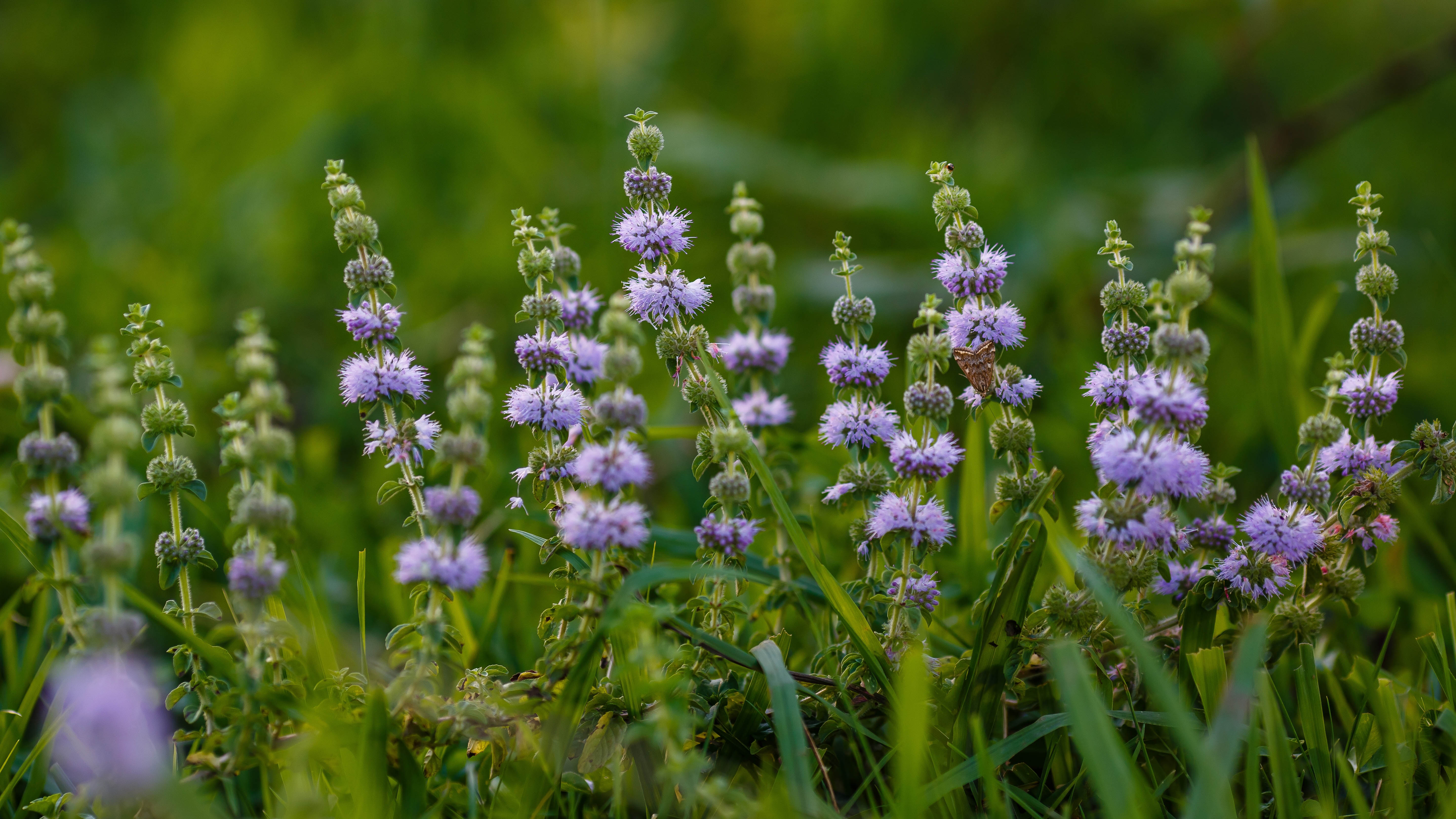
Pennyroyal is another good plant to raise if you’re warding off wasps. This unusual-looking perennial herb produces successive bursts of blooms on its vertical and often cascading stems. It’s quite a sight in any yard, and will keep wasps at bay because of its intense minty smell — it’s actually part of the mint family which is why wasps aren’t overly keen. It’s known to keep flies and fleas away as well, so it can be a useful addition to any garden.
It’s a very hardy herb, growing well in partial shade with moist soil. However, just like mint, it’s fast to grow and can quickly become unruly, so you may want to keep it in containers.
Pennyroyal oil is highly toxic if ingested, so steer clear of this plant if you have young children.
6. Citronella
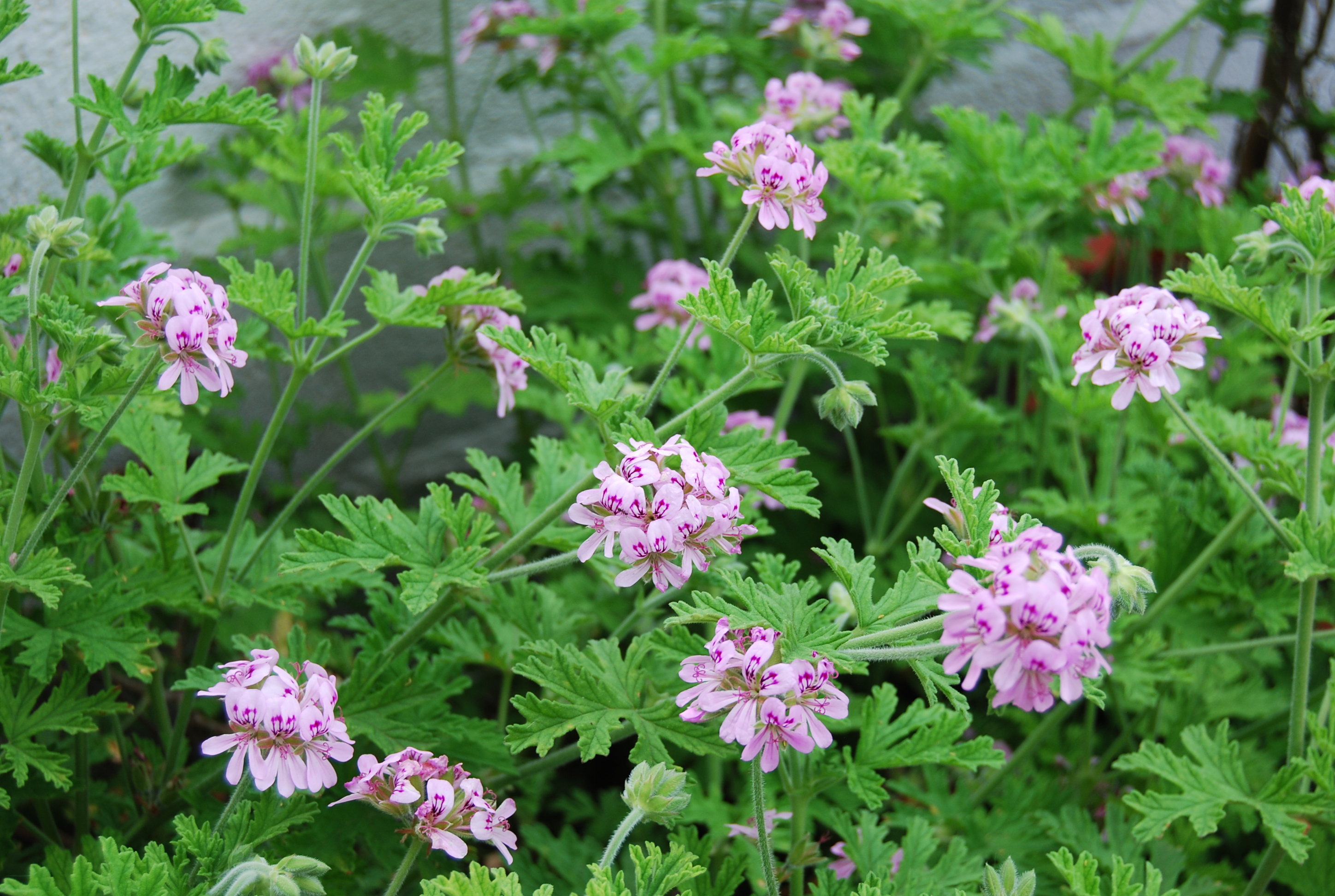
It's not just good for repelling mosquitos — the strong scent of citronella also deters wasps from ruining your outdoor barbecue. The citronella plant is related to geraniums (which are also known for their bug-repelling qualities), and has a lemony, citrus-like fragrance. Note that the plant itself won't ward off bugs — you have to crush its leaves and rub them on you to be effective, according to experts.
Citronella plants grow to about 18 to 24 inches, and act as nice border plants for your garden area; they have pinkish red flowers when they bloom. Just note that you won't get the same effect from a citronella candle; scientific studies have shown they are not effective in deterring bugs.
7. Lavender
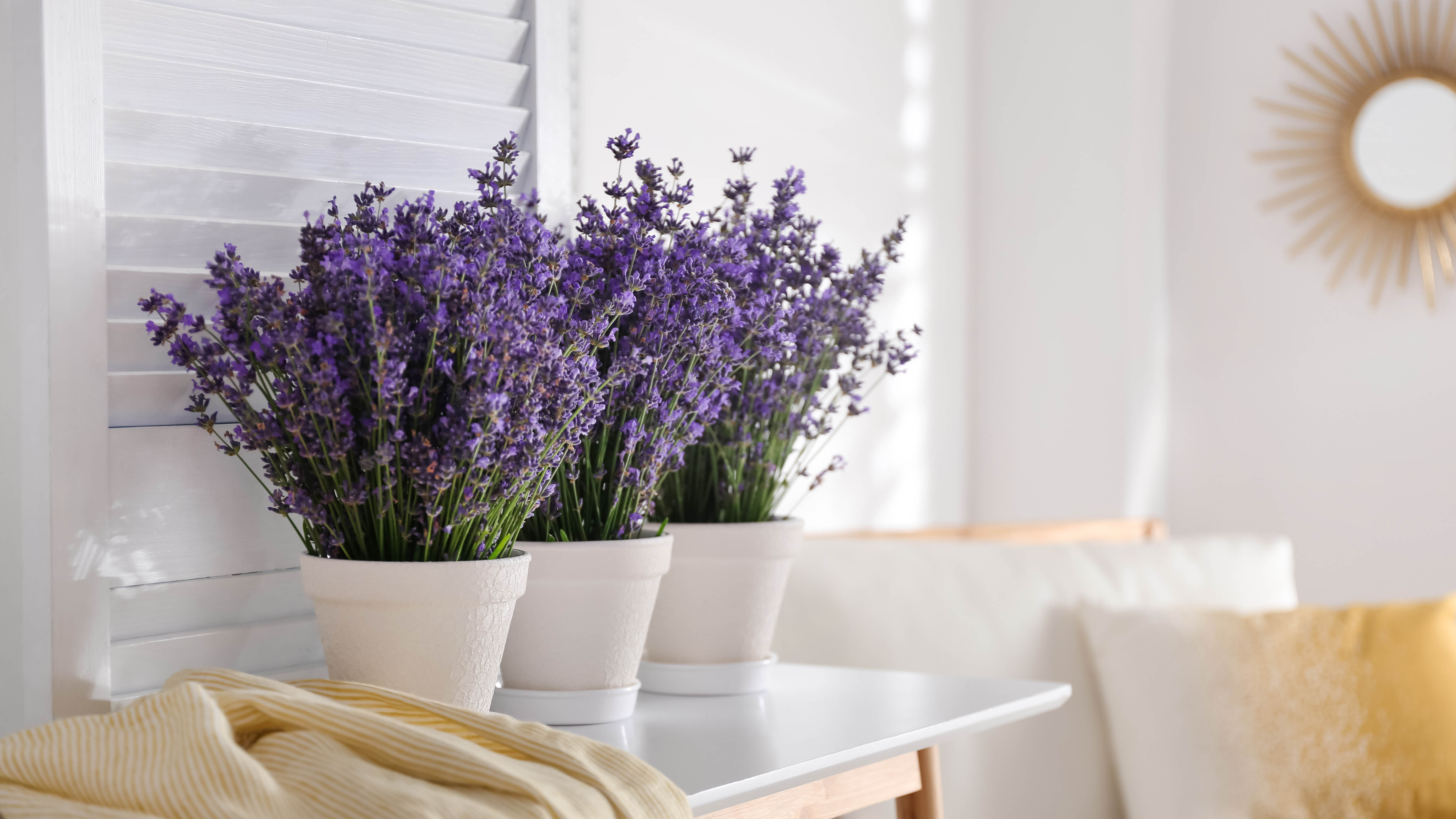
Another great all-purpose shrub, lavender can be used in all sorts of applications, from soaps to laundry and more; for one thing, it just smells pleasant. However, while humans may enjoy its scent, most bugs do not, and will avoid it.
Lavender is a fairly hardy plant and will grow in most climates — and is a drought-tolerant plant, making it a good option for dry climates — but it does require a lot of sun during the day. You also need to know how to prune lavender properly to ensure your plant stays healthy, and continues to bloom year after year.
More from Tom's Guide

Katie Mortram used to be a Homes Editor for Tom's Guide, where she oversaw everything from kitchen appliances to gardening tools, as well as smart home tech. Specializing in providing expert advice for cleaning and home manintenance, she now works as Household Advice Editor for Good Housekeeping.
 Club Benefits
Club Benefits










